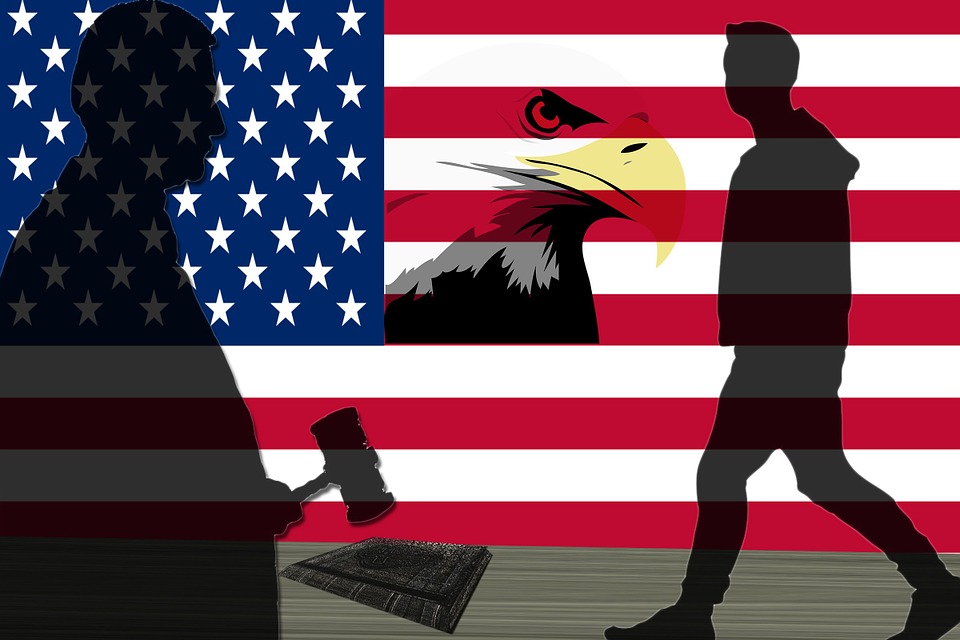Entrepreneurs argued that DHS did not seek an advance comment from the public before announcing the delay.
United States District Judge James E. Boasberg of District of Columbia has given hope to thousands of entrepreneurs who wanted to build innovative companies in the country as he overturned Department of Homeland Security’s (DHS) move to delay the Obama-era International Entrepreneur Rule (IER), which is often called the startup visa route.
IER was introduced by the Obama administration for entrepreneurs of a few selected categories to migrate to the US for a period of two and a half years without the need of a green card or any other visas.
The entrepreneurs are also provided with the possibility of filing for an extension of their IER.
The fate of IER was in peril since Trump took charge of the office and started to strike off Obama era immigration reforms one by one. As feared, just a week before it was to come into effect on July 17, the DHS delayed the program till March 14, 2018.
This had forced a group of global entrepreneurs to revolt against Trump administrations move and entrepreneurs from India also joined the lawsuit that also saw National Venture Capital Association as one of the parties.
It seems like their effort has finally paid off as the judge ruled that the Trump administration cannot delay an Obama-era immigration rule.
“Today marks a significant victory for talented foreign entrepreneurs, the entrepreneurial ecosystem and the U.S. economy. The facts speak for themselves—the U.S. economy has long thrived on the contributions and innovations of immigrant entrepreneurs and we are a better country as a result,” said Bobby Franklin, President and CEO of National Venture Capital Association (NVCA) that filed the lawsuit.
“Implementation of the International Entrepreneur Rule is a commonsense approach to attracting the world’s best and brightest entrepreneurs to start and grow the next generation of successful American companies and we are committed to working with DHS to ensure it is implemented to its fullest potential,” he added.
Entrepreneurs argued that DHS did not seek an advance comment from the public before announcing the delay, which is a violation of the Administrative Procedure Act.
They also stated that the delay was causing dearly to the US economy as the program would have pumped in huge amounts to the economy through new businesses.
“This decision is an important reminder that this administration must comply with the law and allow the public to have a voice during the agency rulemaking process. It’s also great news for the talented entrepreneurs who relied on this rule and may now come to the United States to grow their businesses and the American economy,” said Leslie K. Dellon, Staff Attorney, American Immigration Council.
“The Court’s order confirms that, while administrations may change, basic legal requirements ensure agency transparency, guarantee public participation, and prevent reactionary, ill-considered policy changes,” noted Paul Hughes, Partner at Mayer Brown and lead counsel for the plaintiffs.
The plaintiffs include two Indian entrepreneurs Atma and Anand Krishna, two US businesses (Omni Labs, Inc. and Peak Labs L.L.C., d/b/a Occasion), and the National Venture Capital Association, which is an organization of individuals who “frequently invest in businesses founded by foreign entrepreneurs,” according to the court document. All claim that the Delay Rule has seriously injured their businesses or investments.
The court ruled that the action of Department of Homeland Security to delay the International Entrepreneur Rule was an unlawful act and so it is overturning the Delay Rule with effect from Friday.
At oral argument, plaintiffs Atma and Anand Krishna claimed that they would have applied and qualified for parole under the International Entrepreneur Rule.
In May 2017, the two British nationals founded LotusPay, a US-based start-up designed to help companies collect digital payments. Atma is the CEO, while Anand is the Head of Marketing of LotusPay and each owns more than a 10 percent stake in the company.
The Krishnas contend that the Delay Rule injured them as they lost the opportunity to apply for parole under the rule. Without a parole both will be unable to remain in the United States on a long-term basis.
“Plaintiffs then attribute a litany of adverse consequences to that lost opportunity — namely, that they will struggle to hire U.S.-based employees, obtain additional investment from U.S.-based investors, and launch their platform in the United States,” said the court document.



